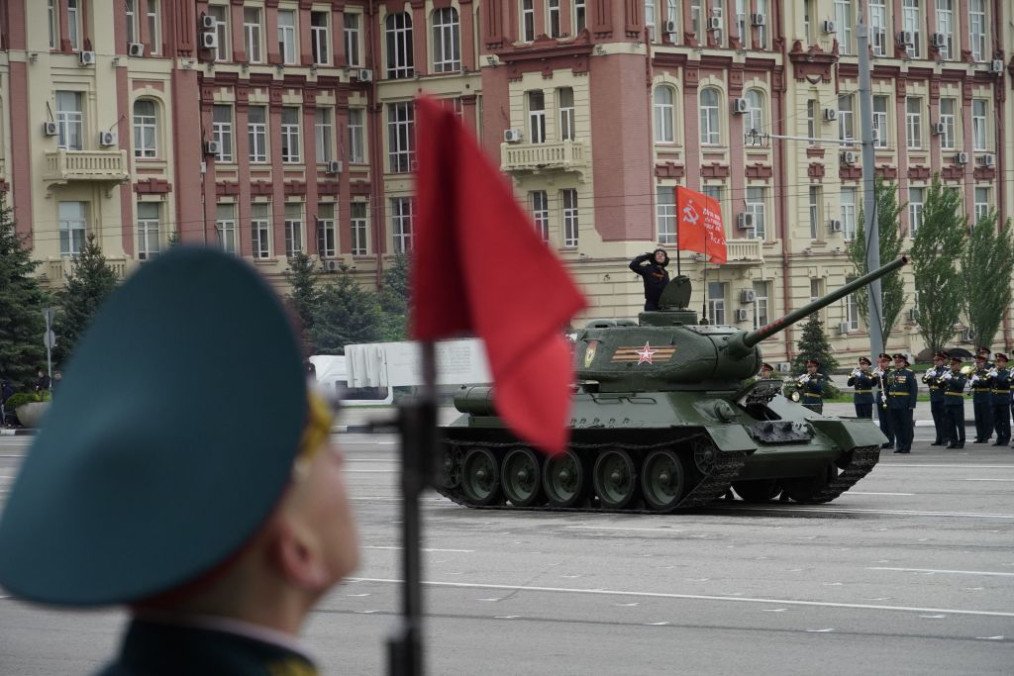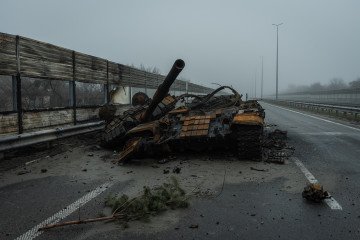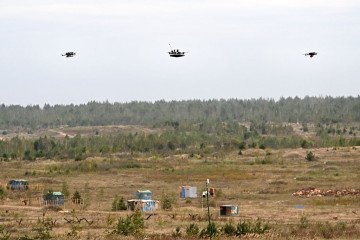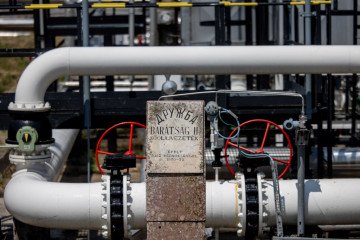Russia is expected to face a growing shortage of weapons for its war against Ukraine, according to the Institute for the Study of War (ISW).
Analysts indicate that the Russian military is increasingly dependent on restoring Soviet-era weapons and equipment, particularly armored vehicles, to sustain its offensive operations in Ukraine.
However, Russia is likely to encounter mounting difficulties in producing and procuring the necessary equipment for its operations. The Kremlin will likely have to rely more heavily on foreign partners to meet its military needs.
“Russia has extensively relied on refurbishing stocks of Soviet-era weapons and military equipment to maintain the tempo of its offensive operations in Ukraine,” the ISW noted. As Russia continues to deplete its finite Soviet stockpiles, sustaining the current pace of operations in the medium to long term may require further mobilization of the economy and defense industry, as well as significant investment in capacity building. However, even with additional economic mobilization, it remains uncertain whether Russia’s defense industry will be able to produce enough to offset the substantial equipment losses Russian forces have suffered in Ukraine.
The ISW has previously assessed that Russia’s attempts to expand its defense industrial base (DIB) are unlikely to be sustainable in the medium to long term, primarily due to expected labor shortages and the impact of Western sanctions.
On April 4, Vladimir Putin acknowledged that Russia would face a high demand for human capital and labor shortages in the coming years. The Kremlin-affiliated outlet Izvestiya reported on December 24, 2023, that Russia’s labor shortage—partly driven by the war in Ukraine—reached 4.8 million people in 2023 and is expected to worsen, further complicating Russia’s efforts to bolster its domestic defense industry.
Ukrainian officials have drawn attention to North Korea’s role as Russia’s most significant military ally. Kyrylo Budanov, Chief of Ukraine’s Military Intelligence, highlighted that North Korean artillery deliveries to Russia have an immediate and tangible effect on the battlefield, with Ukrainian forces noticing increased Russian operational intensity just days after these shipments arrive.
General Vadym Skibitskyi, Deputy Chief of Ukraine’s Main Military Intelligence Directorate (HUR), stated in January 2024 that Russia’s defense industrial base cannot produce enough artillery ammunition to sustain its rate of fire.
Between September and November 2023, North Korea delivered one million rounds of artillery ammunition to Russia, alleviating some of its critical shortages. By June 2024, North Korea had reportedly supplied Russia with 4.8 million artillery shells.
The ISW also observed that Russia has intensified military cooperation with North Korea, as evidenced by Russian Security Council head Sergey Shoigu’s visit to Pyongyang on September 13 and Putin’s trip to North Korea in June 2024, where he signed a Strategic Partnership agreement with Kim Jong Un.
-ba02b3bc86f0b624f99115809a6a34d0.jpg)




-72b63a4e0c8c475ad81fe3eed3f63729.jpeg)

